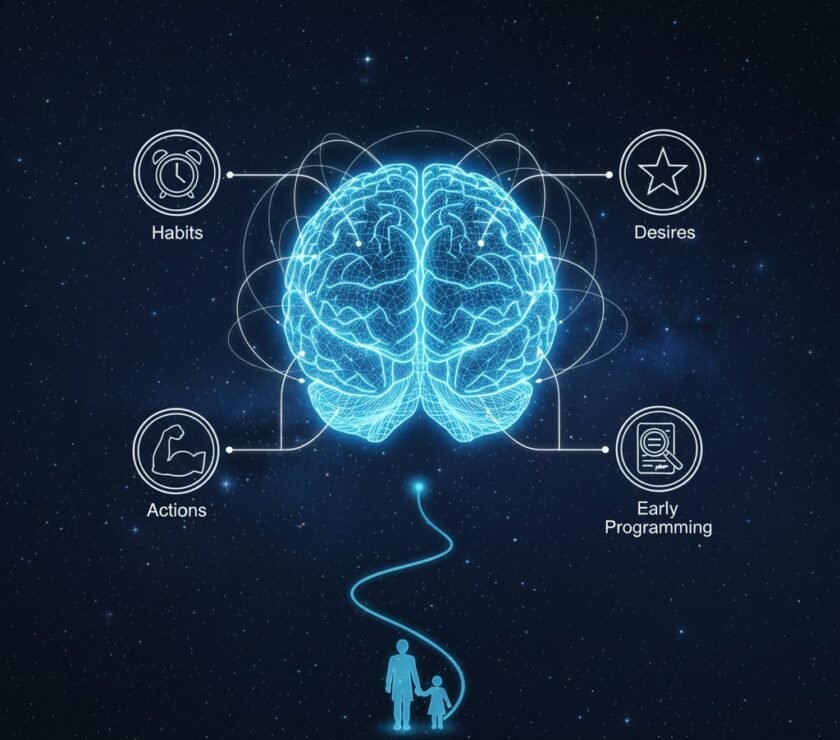When Canada recently rescinded its proposed 3% digital services tax under pressure from the United States, it was more than just a political maneuver; it directly influenced how millions globally consume content on platforms like Meta and Google, avoiding potential cost increases. In Germany, a proposed 10% tax on major tech companies is not solely about revenue generation but also about asserting control over who profits from digital creativity. Similarly, the European Union’s AI regulations are shaping the landscape of online art and innovation. Global politics is no longer a distant dialogue between governments; it’s an intimate part of our digital lives, influencing both our consumer habits and creative expressions.
From digital services taxes (DSTs) to targeted “sin” taxes on social media, these new levies are igniting intense debates about revenue, freedom of speech, and behavioral control.
The Ugandan Experiment: A Case Study
In 2018, Uganda implemented a novel approach by charging a small daily fee of about 5 cents for access to platforms like Facebook, WhatsApp, and Twitter. The government’s stated goals were to curb “rumor-mongering” and increase revenue. However, for many Ugandans, it was perceived as a tax on free expression.
The public’s reaction was immediate and significant. Within three months, over 2.5 million people stopped using the internet. Mobile money transactions, a vital part of the daily economy for many, saw a substantial decline. The government’s revenue projections fell drastically short, collecting only 17% of its target. In response, people found creative workarounds, from using VPNs to reducing their time online and organizing protests. Notably, while Twitter usage decreased, protests saw a significant surge.
By 2021, Uganda replaced the initial tax with a significant tax on internet data. This is part of a larger global trend, with over 18 countries, including France and the UK, now implementing digital services taxes ranging from 1.5% to 7.5%. The OECD has been advocating for a global minimum tax of 15% on large tech companies, a move that could generate tens of billions in revenue annually.
Psychology at Play in Social Media Taxes
1. The Power of Small Barriers (Behavioral Economics)
Even a minuscule daily fee was enough to deter millions from accessing the internet. When a service is perceived as “free” and effortless, it becomes a habitual part of daily life, like scrolling through Instagram during a commute or using WhatsApp for business. The introduction of even a small fee or inconvenience disrupts this automatic behavior. The user is forced to pause and question, “Is this worth the cost?” This moment of friction is often enough to lead to a “no.”
This principle is why companies utilize free trials, one-click purchasing, and bundled services so effectively—they understand that minimizing barriers increases engagement. Conversely, governments sometimes intentionally introduce barriers, like taxes or regulations, to discourage behaviors they deem harmful, such as smoking, excessive alcohol consumption, or extensive internet use.
2. Reactance: The Pushback Effect
When the Ugandan government attempted to control online “rumor-mongering” through taxation, the public’s response wasn’t just to log off—they took to the streets. This illustrates how attempts to control behavior can backfire, sparking even more potent displays of autonomy. Several psychological principles were at play:
- Loss Aversion: Individuals feel the pain of a loss more acutely than the pleasure of an equivalent gain. The loss of cheap and easy access to social media was felt as a more significant blow than any potential benefits of the new tax.
- Identity & Autonomy: Social media had become integrated into people’s identities and daily routines. The restriction was not just a financial policy but was perceived as a threat to self-expression and independence.
- Forbidden Fruit Effect: When something becomes more difficult to access, its perceived value often increases. For many Ugandans, accessing social media became a symbolic act tied to the fight for free speech.
- Collective Action Psychology: The new restrictions created a shared sense of grievance, mobilizing people to protest collectively. What was initially an individual inconvenience transformed into a collective demand for rights.
3. Adaptation & Workarounds
Humans are adaptive. When faced with obstacles, we rarely cease our efforts entirely; instead, we find new ways to achieve our goals. In Uganda, many users quickly discovered methods to bypass the social media tax, such as using VPNs, limiting their screen time, or moving their activism from online platforms to physical spaces. They engaged in what psychologists refer to as problem-focused coping—devising creative solutions when a valued need is threatened.
On a deeper level, this demonstrates the fundamental human need for connection and expression. Social media had evolved beyond mere entertainment; it had become a space for identity, belonging, and even resistance. When access was curtailed, people’s adaptive instincts took over. The lesson is that attempts to block or tax behaviors linked to core psychological needs are unlikely to eliminate them. Instead, they often redirect them into new, sometimes less predictable, forms.
4. Ripple Effect on Daily Life
The higher data costs did not just affect casual scrolling; they disrupted businesses, remittances, and social support networks, demonstrating how such taxes can inadvertently amplify economic stress.
Are Your Clicks Your Own? Take Control.
Global decisions are shaping your digital life more than ever. Understanding these hidden influences is key to making conscious choices. If you’re ready to explore how external forces impact your behavior and want to regain control, our counselors are here to help.
Make an Appointment

